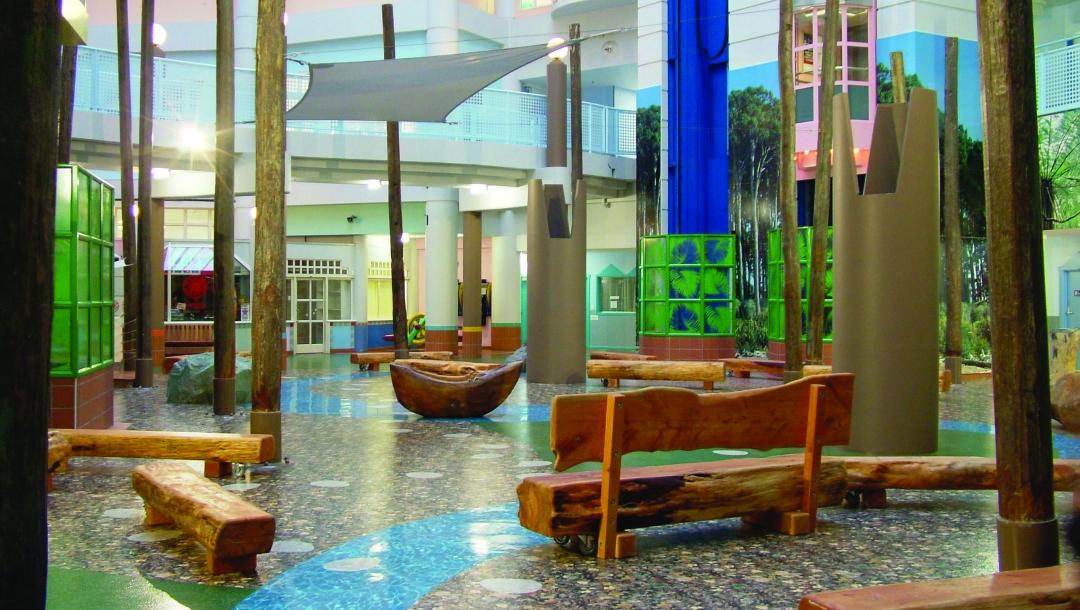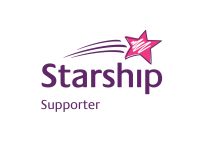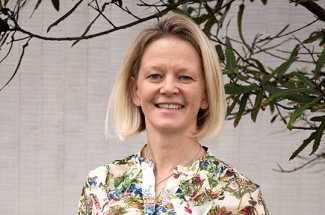
Starship Foundation

The Foundation invests in impact programmes which focus on equity to ensure no child is left behind, and prevention to keep our children safe and healthy in the community, and funds programmes which save and extend lives, including the Starship National Air Ambulance; new technology and treatments which result in faster recovery and better outcomes, and supports patient wellbeing, lifting spirits, and emotional and family support.
Starship is much more than a world class Auckland-based hospital. Starship is the foundation for child health in New Zealand, empowering care providers across the country to ensure our children get the best care possible.
Last year:
- 183 children needing Starship’s ‘intensive care unit in the sky’- the Starship National Air Ambulance- were retrieved, from Southland to Northland
- 34,444 visits to Starship children’s emergency department
- More than 135,000 patient visits and appointments
- 27,557 Starship inpatient admissions of which 60% lived outside the Auckland DHB
- There were 82,545 appointments at Starship Clinics & Outreach – more than 630 Outreach Clinics were held outside Auckland DHBs
- 2.5 days is the average length of stay for an inpatient
Starship Stories: Baby Lennox
Baby Lennox is eight months old and getting ready to go home for the first time. Requiring a ventilator machine to support his breathing has kept Lennox in Starship’s NICU, then PICU since he was born and while the surgeons at our national children’s hospital are able to help him, he needs to grow bigger before they can operate.
In the meantime, his family is preparing to take their baby home on ventilation, something that might not have been possible without the Douglas Starship Simulation Programme.
They are among the first Starship families involved in a discharge simulation programme where simulation staff work together with the PICU team and partner with the family to provide individualised training using a manikin similar in size to the child and using the same medical equipment. The family is able to build confidence by practicing potential scenarios in a non-hospital environment.
“It’s about helping prepare families of children who have high health needs, or dependence on technology, for discharge. We aim to empower these families to take care of their children in the community, where there’s no clinical staff immediately available to help,” says Trish Wood, Operations Manager, Douglas Starship Simulation Training Programme.
“The training we had with the simulation team was amazing for me because it game me more confidence for when we go home. We know what we are doing, and we will be okay.” Lennox’s mum, Larissa.

